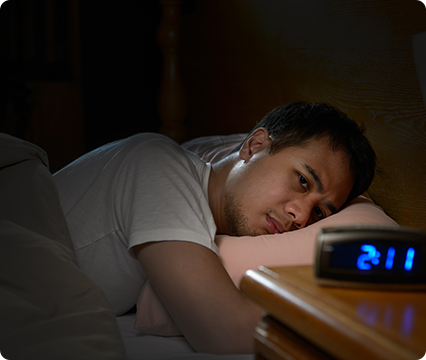Exposure to a more unhealthy diet impacts sleep microstructure during normal sleep and recovery sleep: A randomized trial
There is insufficient interventional data to support the association between sleep characteristics and the consumption of particular macronutrients. Thus, this crossover, randomized trial by Brandão et al. (2023) was to investigate the effects of a higher-fat/high-sugar (HFHS) diet on human sleep quality. Fifteen young, healthy males followed a low-fat/low-sugar and an HFHS isocaloric diet for a week at random. After every diet, polysomnography was used to capture in-lab sleep both during recovery sleep after prolonged alertness and throughout a full night’s sleep. Using machine learning-based techniques, sleep macrostructure, length, and microstructure (oscillatory pattern and slow waves) were examined. Initial analysis showed that the time spent sleeping did not vary across the diets according to actigraphy and in-lab polysomnography. Further analysis after one week on each diet revealed that the macrostructure of sleep was similar. However, when consuming the HFHS diet, deep sleepers had higher alpha and theta powers but decreased delta-to-beta ratio, delta power, and slow wave amplitude compared to the low-fat/low-sugar diet. Similar rhythmic variations in sleep were noted during recovery sleep. The authors conclude that consuming a less healthful diet for a brief period of time changes the oscillatory characteristics of sleep, which control its restorative effects. It is worth examining whether these alterations might mitigate the adverse health effects of eating a potentially unhealthy diet. [NPID: Diet, sleep, high fat, high sugar, randomized trial]
Year: 2023
 Navigation
Navigation






